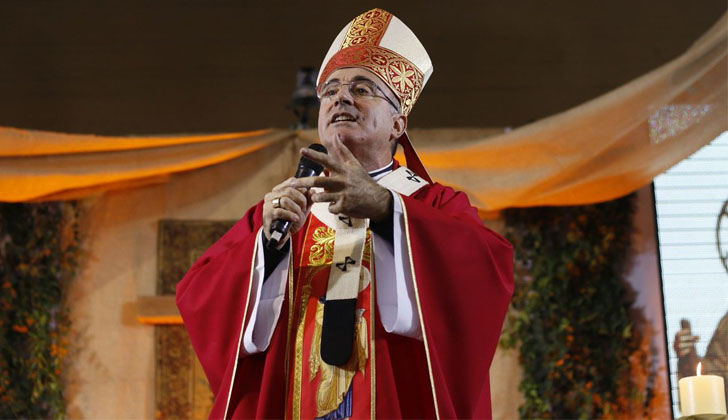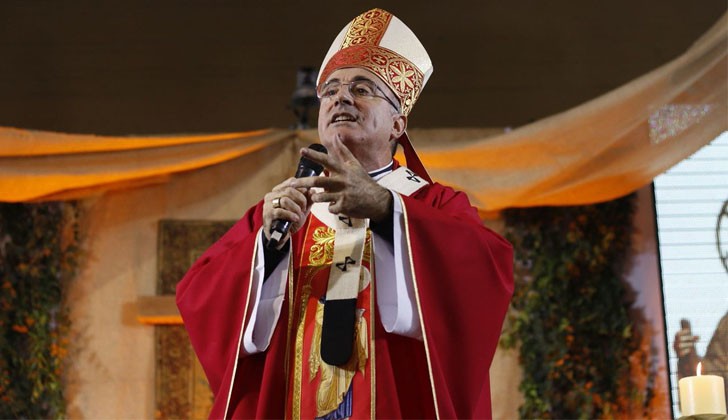
The recent reopening of the Chapel of the Hospital Vilardebó in Uruguaytogether with the invitation to a mass of the cardinal daniel sturla and the programming of meetings for the “dissemination of the word of God and the prayer of the rosary”, is causing a stir for what, for some, represents a clear violation of the secularism of the Uruguayan State.
The secularism of the State implies that the government and public institutions must remain neutral on religious issues and not favor any particular religion. However, the management of the Vilardebó Hospital sees the situation differently, allowing the reopening of a chapel and the programming of religious ceremonies in its facilities. All this added to an invitation sent by email to specific guests, including the media.
For the representative of the Colorado Party, ope pasquetthe invitation to a representative of the Catholic Church, such as the Cardinal Daniel Sturla, could send the wrong message and contrary to the values of democracy and equality. “All religious cults are free in Uruguay, but ‘the State does not support any religion.’ Again, unknown secularism. We will request explanations of the case in Parliament,” the coalition legislator said on Twitter.
The conflict between religion and mental health
This action of the address of the Hospital Vilardebó is even more problematic if one considers that the institution cares for people who are find themselves in situations of vulnerability, in terms of their mental health, and that, therefore, you should focus on your well-being and medical care.
It is necessary to remark that the secularism of the State does not mean prohibiting religion or religious practice in privatebut seeks to guarantee the neutrality of the State in these matters and protect the rights of all people to freedom of religion or belief.
Pasquet will summon authorities from ASSE and the MSP to Parliament in the face of this controversial situation.
The secularism of the Uruguayan State in the Constitution of the Republic
The Constitution of the Oriental Republic of Uruguay It clearly establishes the secularism of the State in its article 5, which establishes that “The State does not have an official religion.” This provision is reaffirmed in article 6, which establishes that “The State guarantees freedom of worship” and that “No confession will be official.”
Also, the article 55 of the Constitution establishes that “the State guarantees freedom of conscience and religion, under the terms of this Constitution and the laws that regulate it.” This article also determines that “no one shall be forced to declare their religious or philosophical beliefs” and that “Acts of worship and religious ceremonies will be private and will be held without ostentation.”
These constitutional provisions clearly and forcefully establish the secularism of the Uruguayan State and the guarantee of freedom of worship and conscience.

















